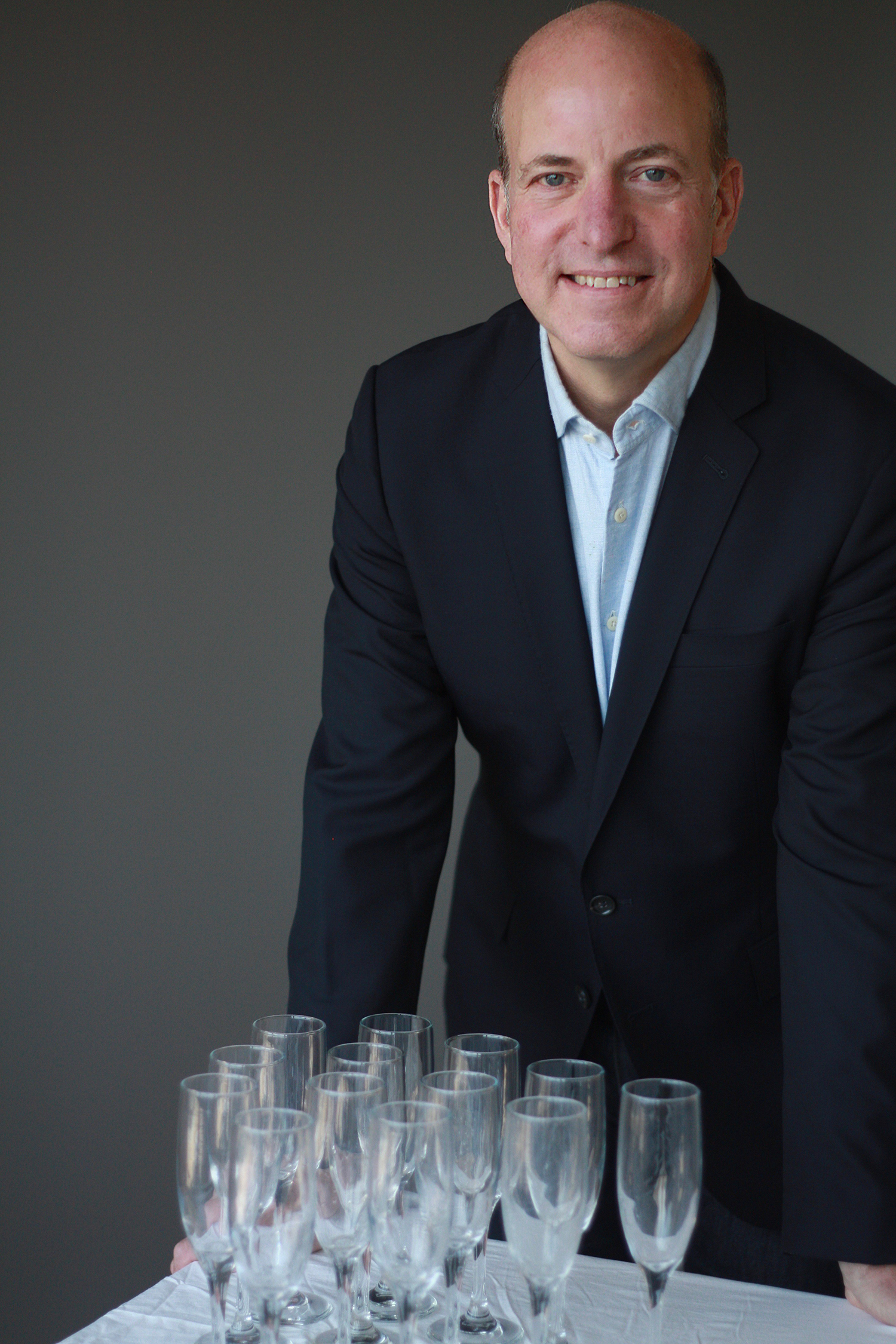
Alex and Imus talk drought
“Maybe I’ll just go back to Vodka”
Tuesday, June 14, 2011
 Alex Prud’homme, author of The Ripple Effect: The Fate of Fresh Water in the Twenty-First Century, was thrilled to appear with Imus today to discuss his book. He was less optimistic about conditions in Imus’s present location. “What’s the word from the Ranch in terms of the draught down there?” he wondered.
Alex Prud’homme, author of The Ripple Effect: The Fate of Fresh Water in the Twenty-First Century, was thrilled to appear with Imus today to discuss his book. He was less optimistic about conditions in Imus’s present location. “What’s the word from the Ranch in terms of the draught down there?” he wondered.Not one to mince words, the I-Man informed Prud’homme that things at the Imus Ranch were less than ideal, water-wise. “We haven’t had any rain in months,” Imus said, which surprised Prud’homme little in a year he called “schizophrenic,” with floods ravaging the Midwest while record-breaking draughts grip the South.
Prud’homme’s interest in the woes of water sprung from a lifelong love of all things aquatic, and from a fortuitous conversation with his great aunt, the late Julia Child, with whom he previously wrote My Life in France.
“We were sharing a bottle of French mineral water and started discussing how the French view mineral water as a health digestive, whereas in America we like to use bottled water as a healthy alternative to soda,” he said. “We strip it of all its taste and minerals.”
That exchange led to talk of the role water plays in different cultures, and the idea for The Ripple Effect. “Water underlies all other resources, whether it’s oil and gas production, or mining, or agriculture, or homebuilding—it all requires water,” Prud’homme said. What’s more, a hydrologist he knows told him that as the world population grows and the climate changes, “water is going to become either too scarce or too prevalent.”
As such, Prud’homme believes people—but Americans specifically—need to start thinking about water in a new way. “In America, you can turn the tap on any time of day and get as much water as you want at any temperature, any volume, and it’s perfectly clean, and that’s a very unusual circumstance worldwide,” he said. “”We’re very lucky, and we’re in fact so good at providing water that we Americans take it for granted. We forget how important it is.”
Paying his guest what many nonfiction writers consider a great compliment, Imus noted that The Ripple Effect reads like a novel, a decision Prud’homme revealed he made very deliberately because the subject of water is somewhat abstract.
“I try to make it come alive to the reader by telling narrative stories about interesting people dealing with water, whether it’s water law, or bottled water, pollution, draught flood,” Prud’homme said. While there’s plenty of bad news, Prud’homme promised potential readers, “There’s some good news too.”
All evidence to the contrary: in his travels around the country, from the depths of a new water tunnel being built beneath New York City to the Sacramento Delta in California, signs of impending disaster are everywhere. Factor in the ongoing battle in this country over water rights in various regions, and it’s a regular field day of dysfunction.
“Unlike smaller countries like Singapore or Holland, we don’t have a central water authority,” Prud’homme said. “We don’t have a water czar or a water board that oversees the whole U.S. water system in a holistic way. We have kind of a hodgepodge of agencies overseeing water; sometimes they come in conflict with each other, or they’re in competition with each other.”
It’s a difficult history to change, according to Prud’homme, because people become very emotional on the topic. “When you ask people to change the way they use water,” he said, “They don’t like it.”
Trying to be helpful, Imus had an idea for a change he could make to his water habits, however small: “Maybe I’ll just go back to vodka.”
-Julie Kanfer
Podcast: https://podcasting.fia.net/5946/4773782.mp3